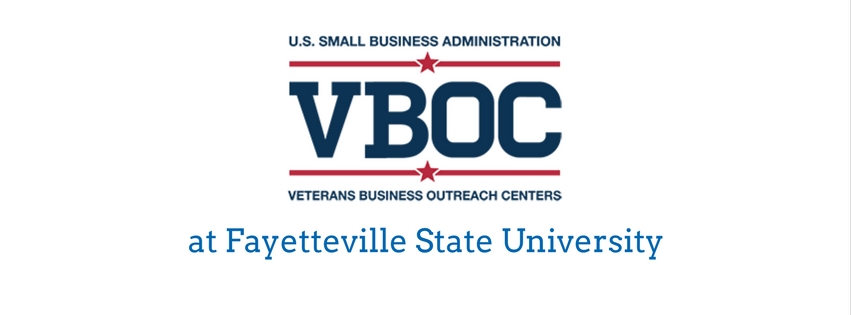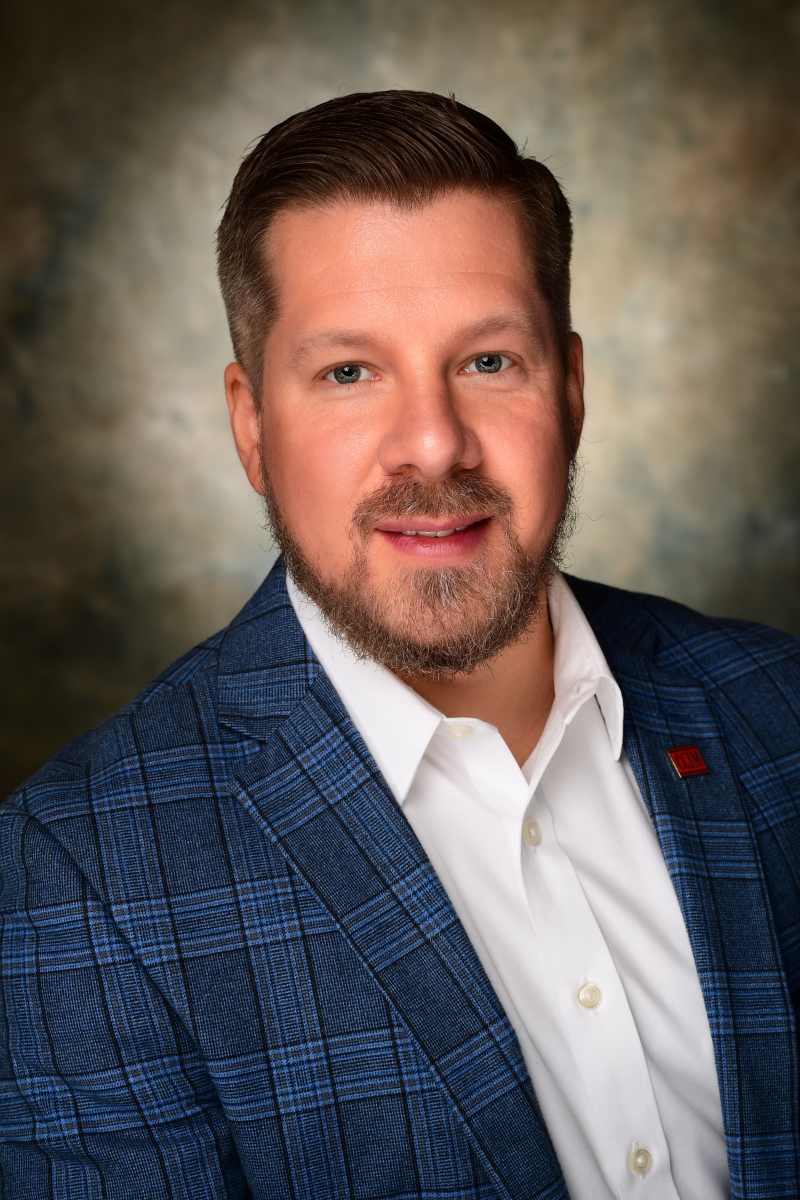
The Veterans Business Outreach Center (VBOC) at Fayetteville State University is aiming to provide entrepreneurial development services such as business training, counseling and resource partner referrals to transitioning service members, Veterans, National Guard and reserve members, as well as military spouses interested in starting or growing a small business.
Found inside of the Fayetteville-Cumberland Regional Entrepreneur and Business HUB located at 1073 Murchison Road in Fayetteville, the center serves Veterans, their families and transitioning members all across North Carolina. Since 2017, it has served 4,612 clients, created 954 jobs, helped start 269 businesses, generated more than $9 million in capital and secured more than $251 million in contracts awarded to entrepreneurs.
“The program was started in 2010 at Fayetteville State University [and] is one of 31 centers nationally,” said Robin Livingston, the center’s director. “Our services encompass everything from access to cutting edge entrepreneurial resources to enhance all entrepreneur training to invaluable networking opportunities.”
One of the monthly missions of the VBOC is to hold Boots to Business training at military installations like Fort Liberty and Camp Lejeune. The program is typically coordinated with local business agencies and military bases.
“Boots to Business is a two day event that is kind of entrepreneurship by fire hose, if you will,” Ashley Lambeth Christian, the outreach and marketing specialist at the Small Business Administration’s North Carolina office has said in previous interviews.
Lambeth Christian has worked on the curriculum for the program. “There are eight modules that go into it and those cover your introductory vetting of a business idea, the different types of legal entities that your business can take on, marketing, the economics of a small business, financing, legal and then resources available to small businesses.”
When transitioning service members, Veterans and/or their families approach the VBOC to start a new business, whether to Boots to Business outreach or otherwise, Livingston said the VBOC takes a holistic approach to exploring entrepreneurship.
“We pretty much ask entrepreneurs ‘what do they want to do?’” he said. “Then we study that industry. Whatever industry [it] is and however that industry looks like, we do feasibility studies and an industry analysis of that industry. We let them know if that is a feasible market for them to go into.”
Then, Livingston said, the center points entrepreneurs in the right direction toward valuable resources.
“A lot of challenges that we see when our Veterans and sponsors come in, is the access to capital,” he noted. “But also the learning curve that comes with being an entrepreneur, and we try to help alleviate some of that with our business plan templates and operational agreements, as well as some business structural document registrations and certifications.”
Additionally, Livingston said the center provides checklists and resource tools to get entrepreneurs on the right track.
The Veteran and transition service member community in North Carolina is one of the most talented in America, Livingston said.
“They have the fortitude, the toughness, the resilience that is needed to be an entrepreneur,” he said. “We get a lot of people who say they are entrepreneurs, but once you get into the nuts and bolts and the everyday grind, and the long hours and sweat… I think our Veterans have that skill set to endure and persevere over the struggles.”
Most businesses, Livingston noted, tend to lose steam and ultimately fail in the first three years.
“I think with that work ethic, our Veterans are better positioned to be more successful in starting and growing their business,” Livingston said.
When it comes to growing their business, Livingston typically sees barriers and challenges in securing funding.
“If you want to scale or grow your business, you have to be able to fund it,” he said. “But we also help with always evaluating those new trends in the industries that are coming in and that may threaten your business or the way you do business.”
A strong business plan, Livingston said, is key.
“It is very important because if you don't have a plan, you're not really setting yourself up for success,” he said. “Also not shying away from using new technologies is part of our advice. Some people hesitate when they see change or new things they don’t understand. We embrace that and try to move our Veterans, our clients forward in that area.”
To close out the year, the VBOC will be hosting the following events in the Fayetteville/Fort Liberty areas:
Learn more about the Fayetteville VBOC and more about these opportunities online at www.fsuvboc.com.

Patrick MurrayFrom serving the country to serving the greater Fayetteville area, Veteran and co-founder of Grant-Murray Real Estate, Patrick Murray, has been involved in the real estate industry since 2005 and has completed over $100 million in real

The season of giving is upon us, and with it comes the task of finding the perfect gift for loved ones. Fayetteville is home to a variety of exceptional Veteran-owned businesses that offer unique, high-quality products—ideal for everyone on your shop

Logo courtesy of VBOC at FSUThe Veterans Business Outreach Center (VBOC) at Fayetteville State University is aiming to provide entrepreneurial development services such as business training, counseling and resource partner referrals to transitioning